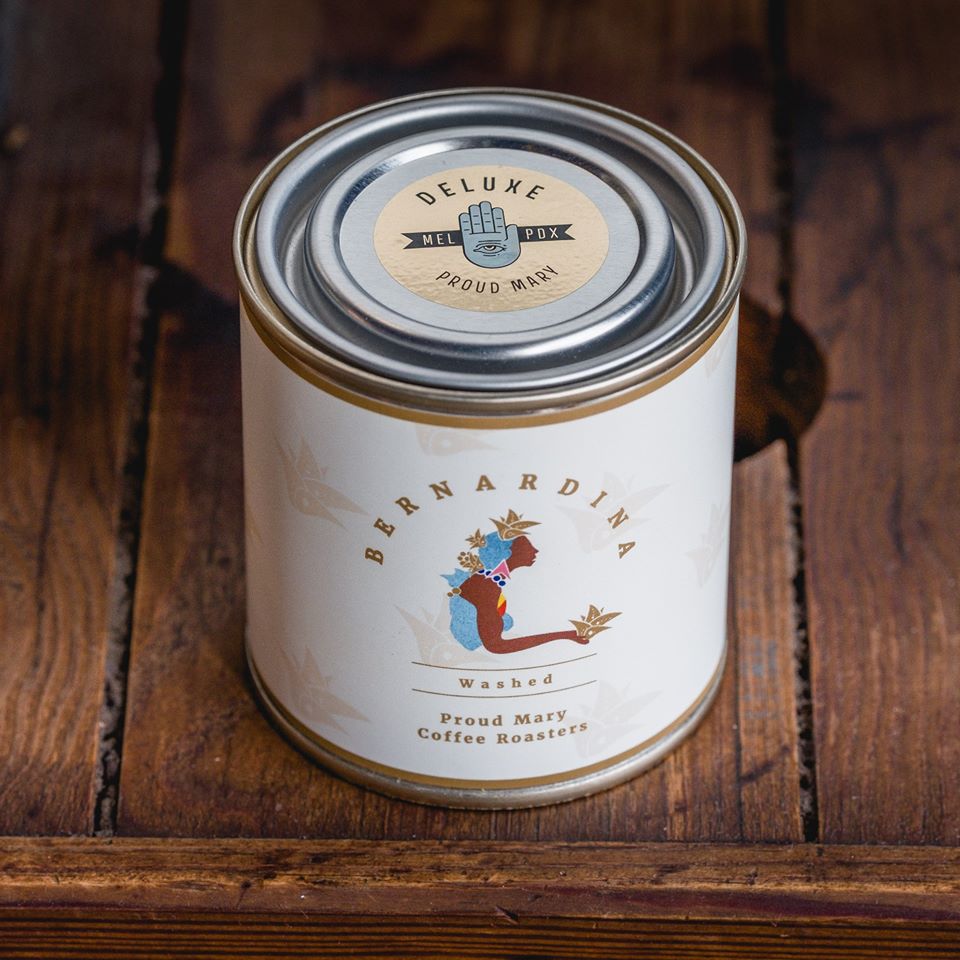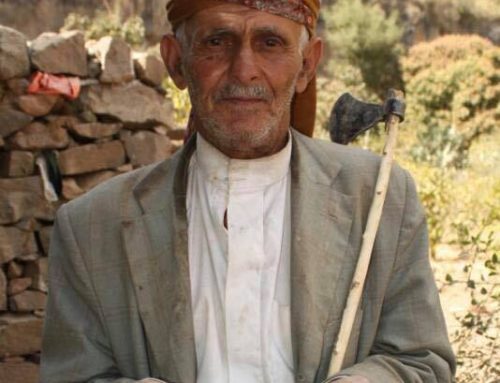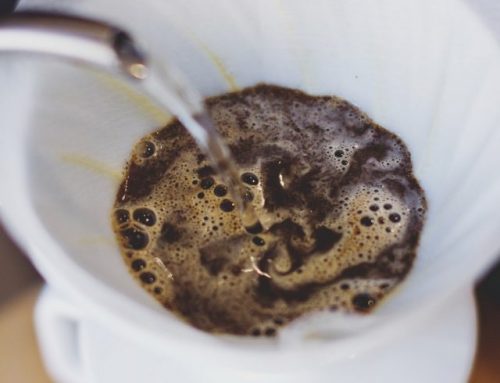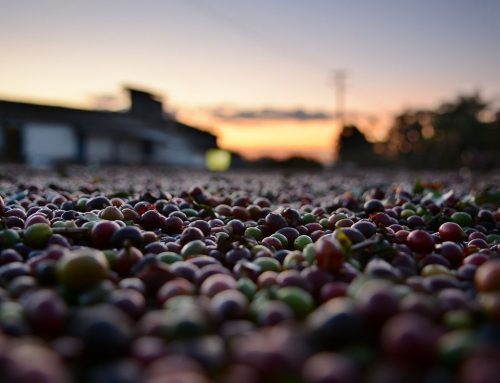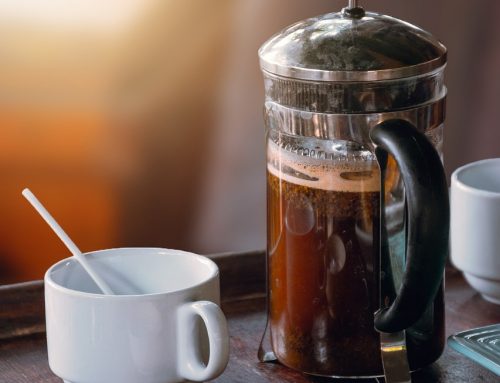These days, coffee aficionados know the most common types of coffee. Names like caturra, bourbon and the pricey geisha are now becoming commonplace. However, new types still make an appearance on rare occasions. This includes wild, naturally-occurring types called “varieties” and other types that are result of cultivation, called “cultivars”. Despite the wide variety of different types of coffees, it’s still fairly rare to try a new one. So we were thrilled to taste a completely new and rare type of coffee called bernardina at a recent pop-up dinner at Portland’s Proud Mary.
What’s in a Name?
The majority of varieties and cultivars are all types of coffea arabica, the most popular species of coffee. Arabica accounts for roughly 60% of the coffee grown worldwide. Much of the remainder is coffea robusta, a heartier type that is more bitter and higher in caffeine. It is usually of lower-quality and made into instant coffees.
The coffee we tasted is bernardina, a type of arabica. Presumably, it is a varietal and not a cultivar, but this, like much of its story, remains unknown.
Those 5 Trees
A few years ago, prominent Salvadoran coffee grower, Maria Pacas, of Cafe Pacas found some unique coffees on a farm she had recently purchased. This coffee was from only five trees on the property. Previously, the beans had always been just mixed in with the bourbon cultivar grown on the rest of the farm. Suspecting these trees were something special – possibly geisha – she contacted Proud Mary owner Nolan Hirte. Having worked with Hirte for years, Pacas knew he is an expert who could help identify the varietal. Geisha is not currently grown in El Salvador, so finding this sought-after varietal in a new country would be a huge find.
After cupping it, Hirte believed the beans were geisha. He immediately bought the entire lot. However, he later received an email from the Pacas’ family explaining that it wasn’t actually geisha. It was something new. A completely new varietal. They had sent a sample to a DNA lab in Italy.
The DNA results revealed that Hirte was not entirely wrong in thinking it was geisha. This new coffee’s DNA is 70% identical to geisha. The remaining 30% was something previously unknown, closest only to a rare variety called agaro. But that’s where the origin story ends. How these five trees made it from the Agaro region in Ethiopia to the Finca Los Bolletos in El Salvador remains a mystery. The trees themselves are over 70 years old, so it’s likely that whoever had a hand in bringing them across the world is no longer living.
Credit Where Credit is Due
Since this was a previously undocumented variety, Maria Pacas had the honor of naming it. She named it bernardina after Ruperto Bernadino Merche, the farm manager at Finca Los Bolletos. Bernardino had long insisted that these five trees grew something very different and very special. He was not wrong and is deservedly immortalized for recognizing this unique, complex coffee.
So how does it taste? Delicious. It has the light, floral notes of a geisha balanced with a satisfying butteriness. There is also a pleasant slight earthy tartness to the finish. Since so little of it available, a cup costs $10. A 100mg tin will set you back $26. If you’re in Portland or Melbourne, in the late summer/early fall, you can get the experts at Proud Mary to brew you some bernardina. If you’re further away and/or confident in your home brewing you can purchase some from them online.

